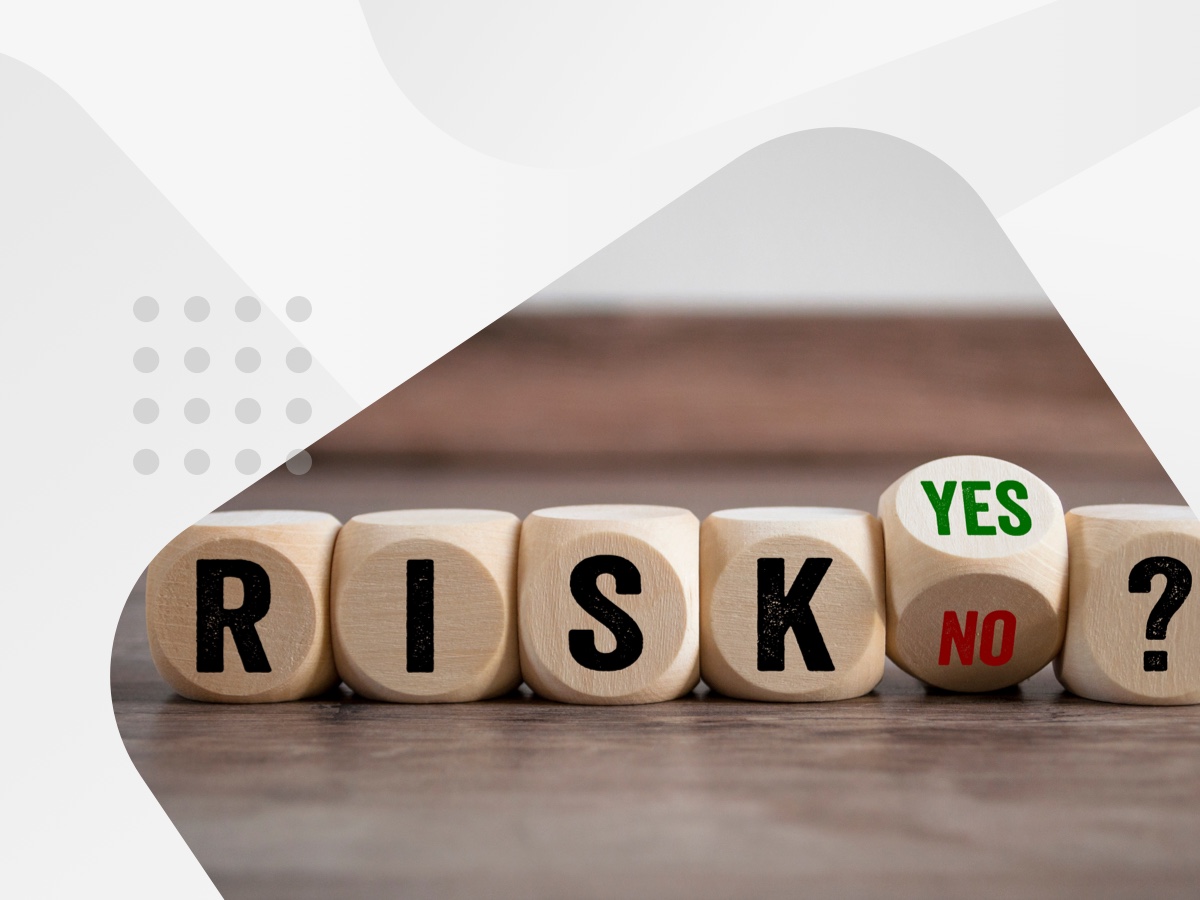What is a credit report?
A credit report details an individual or company’s history of applications and repayments with credit products and utilities. It holds vital information concerning a borrower’s ‘creditworthiness’. Lenders access credit reports, usually via a hard inquiry, to determine the borrower’s suitability for loan products and debt.
Each reporting body for individuals and businesses produces a credit score for the borrower based on the data collected in their credit report. A credit score is a numerical representation of that borrower’s risk to the lender/creditor and may vary from one reporting agency or bureau to the next.
Credit reports are vital because they assist lenders in their decision to approve or reject credit applications. Checking your credit report with each bureau or agency may help determine ahead of time if you are eligible or likely to be approved for debt.
Thanks to the introduction of Comprehensive Credit Reporting (CCR), your credit score may improve over time with positive payment behaviour. Individual consumers are entitled to access a free credit check in Australia with each bureau, once every three months. You may also order free access if you’ve been refused credit in the past 90 days, or your personal information on file has been corrected.
What is in a credit report?
The important borrower information contained within these reports includes:
For individual borrowers
- Name
- History of addresses
- Date of Birth
- Employment history
- Nominated gender (if specified)
- Credit account holding records (credit cards in Australia, personal loans etc.)
- History of repayments
- Previous hard enquiries
- Adverse events such as bankruptcy, default on repayments, or court actions
For businesses
- Registered name of the company
- Relevant ASIC information, including ABN/ACN, date of incorporation, shareholders, registered company address, and business structure
- Important credit information, including payment defaults, insolvency, ASIC notices against the company, court filings or actions, and tax defaults with the ATO
The details held within a credit report cannot be wiped away by the consumer. It will remain on the credit report for different periods of time, depending on the information and severity of the event. For example, a hard inquiry on your file may last up to five years for future lenders to observe.
Put simply, it is no use looking for options to clear your credit history for free in Australia, as time and good payment behaviour is the only solution.
Can you access a free credit report in Australia?
For individuals in Australia – three reporting bureaus independently produce credit reports and online credit checks free: Experian, Equifax, and illion (formerly Dun and Bradstreet). Each bureau must give a consumer free access to their credit report once every three months.
You may also order free access to your credit report if you’ve been refused credit in the past 90 days, or your personal information on file has been corrected. They have separate data sources, scales, and collection intervals, so you should regularly check your credit report and score with each bureau to determine your overall creditworthiness.
For personal consumer credit reports, each reporting bureau will require evidence of one or more documents matching credit file data before allowing access. Such documents may include
- Valid Driver’s Licence
- Australian Passport
- Medicare Card
- Centrelink Card
For businesses – leveraging advanced machine learning technology and extensive datasets, RiskScore from CreditorWatch represents the gold standard in credit reporting and scoring for Australian enterprises. Search any company according to its ABN/ACN to reveal its credit score, between 0-850, and risk tier from A1 to F (with recommended actions). The higher the score, the more creditworthy the business.
To credit check companies with RiskScore, from CreditorWatch, you will need a valid Australian Business Number (ABN) or Australian Company Number (ACN).
How do you access a free credit report in Australia?
- Collect your documentation.
Each bureau has its verification process to maintain security and prevent fraud or identity theft. Before commencing, collect one or more pieces of the documentation listed above (or outlined by the bureau) to prove your identity and proceed with your request.
- Fill out a request form.
Contact a bureau (Experian, Equifax, or illion), either online or via other means, create an account if necessary, and fill out a request form for your credit report.
- Repeat for the remaining bureaus.
As mentioned, credit report data and scores may vary from one reporting body to the next. Your Equifax free credit report and score may differ compared to the data held by illion. To create a complete picture of your creditworthiness as a consumer, check your credit file information with each bureau every three months.
- Ensure you receive your credit file.
You should eventually receive a copy of your credit reports, so long as the information provided is accurate and you haven’t previously ordered them in that three month period. If you do not receive your requested order, commence further dialogue with the bureau to determine why.
If you seek credit repair in Australia after accessing your credit file or are wondering how to improve your credit score, consult a trusted financial advisor and ensure all current debts are paid on time and in full.
How do you access your free credit score in Australia?
If you’re wondering, ‘what is my credit score Australia’, it may be worth accessing your credit score for free. If you’re not sure how to check your credit score, this can easily be done in a matter of moments by utilising a credit score website or app that performs this function without a hard credit inquiry on your credit history.
The process of accessing your credit score should be free but may require you to provide some personal details, such as your name and driver’s licence, to the provider. [Text Wrapping Break]
How to check credit history with RiskScore from CreditorWatch
Leveraging the most sophisticated technology available, in combination with over 11 million monthly tradelines of company data and payment data from MYOB and Xero, RiskScore offers unrivalled company credit checking capabilities. A quick ABN/ACN search will reveal creditworthiness information at a glance, with a simple score of 0-850 and a risk tier from A1 to F. The higher the score, the less risky the business.
If a credit check, or our advanced 24/7 Debtor Monitoring and Alerts system, reveals deteriorating creditworthiness: it’s time to prioritise collections and get that money from your accounts receivables. Thankfully, CreditorWatch offers branded letter templates and collections resources for every communication you’ll need, from 30, 60, or 90-day reminders, to letters of demand and final notices. Complete with our powerful third-party endorsement – our templates have proven to reduce days-sales-outstanding by up to 53%.
Collecting that money could make or break your business. Credit check trading partners and secure your cash flow by speaking to our expert team today.

Get started with CreditorWatch today
Take your credit management to the next level with a 14-day free trial.

